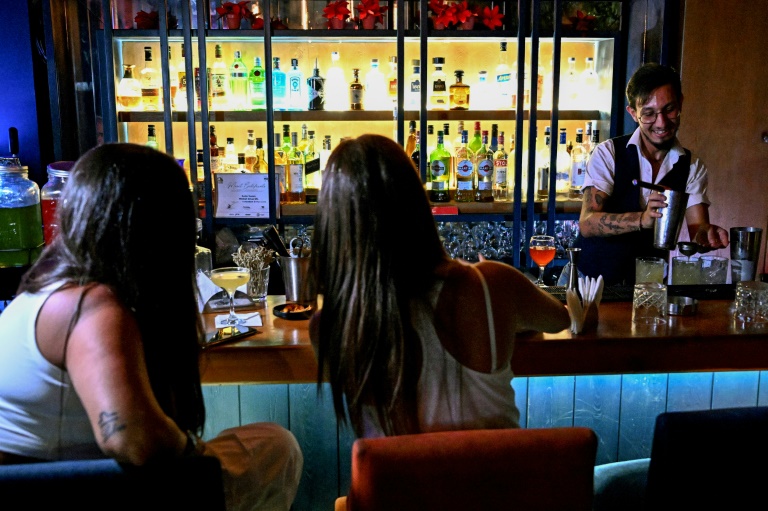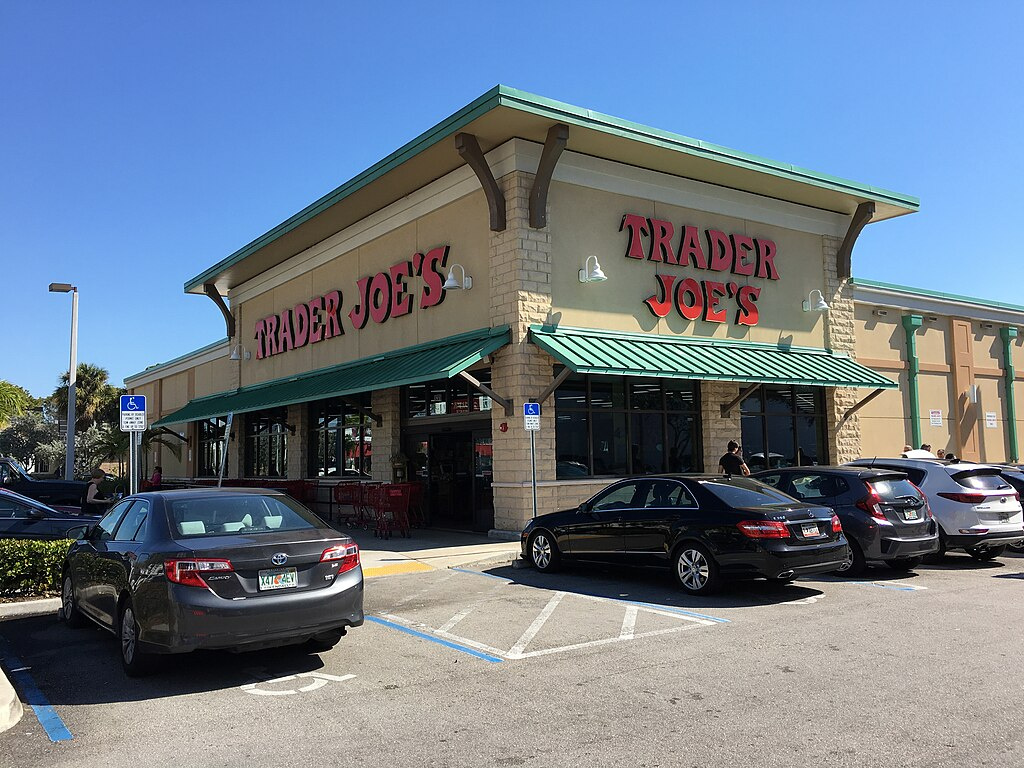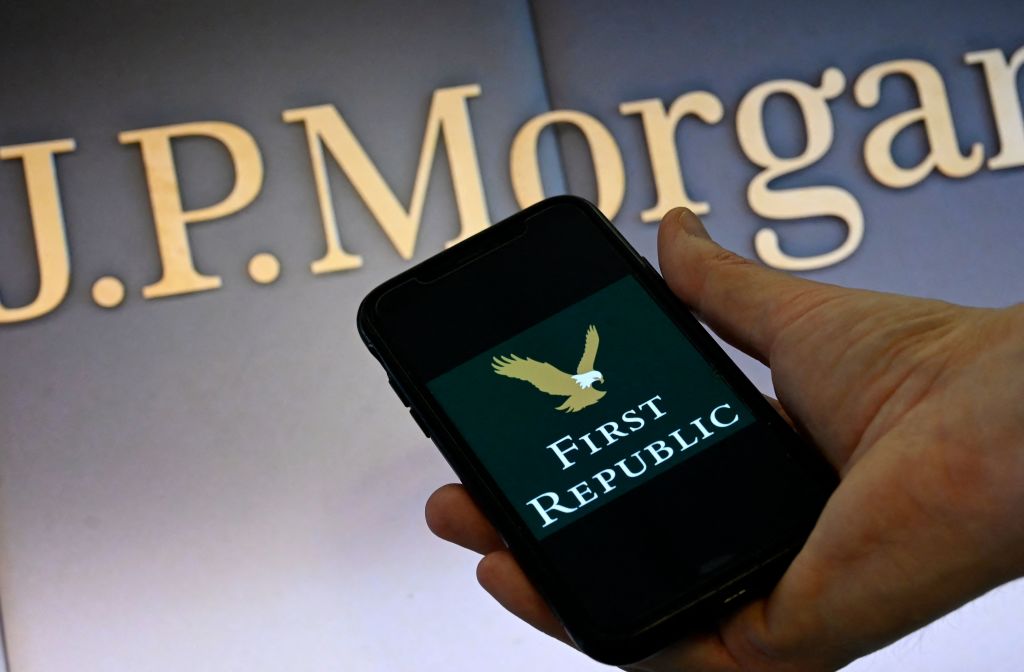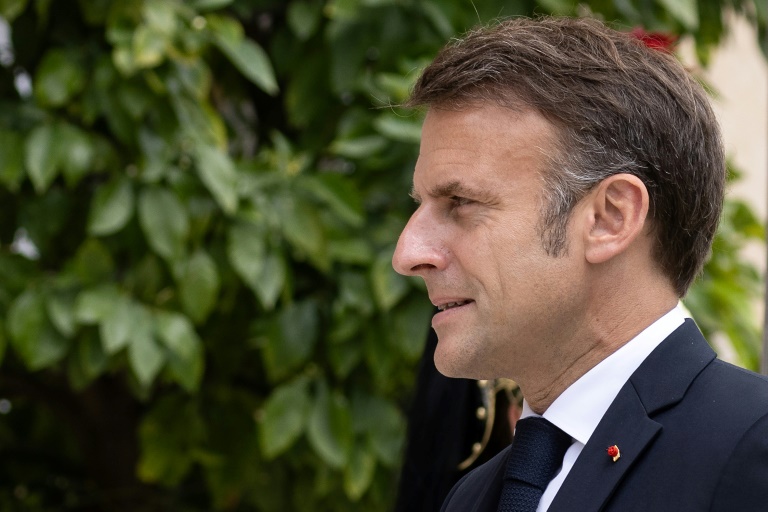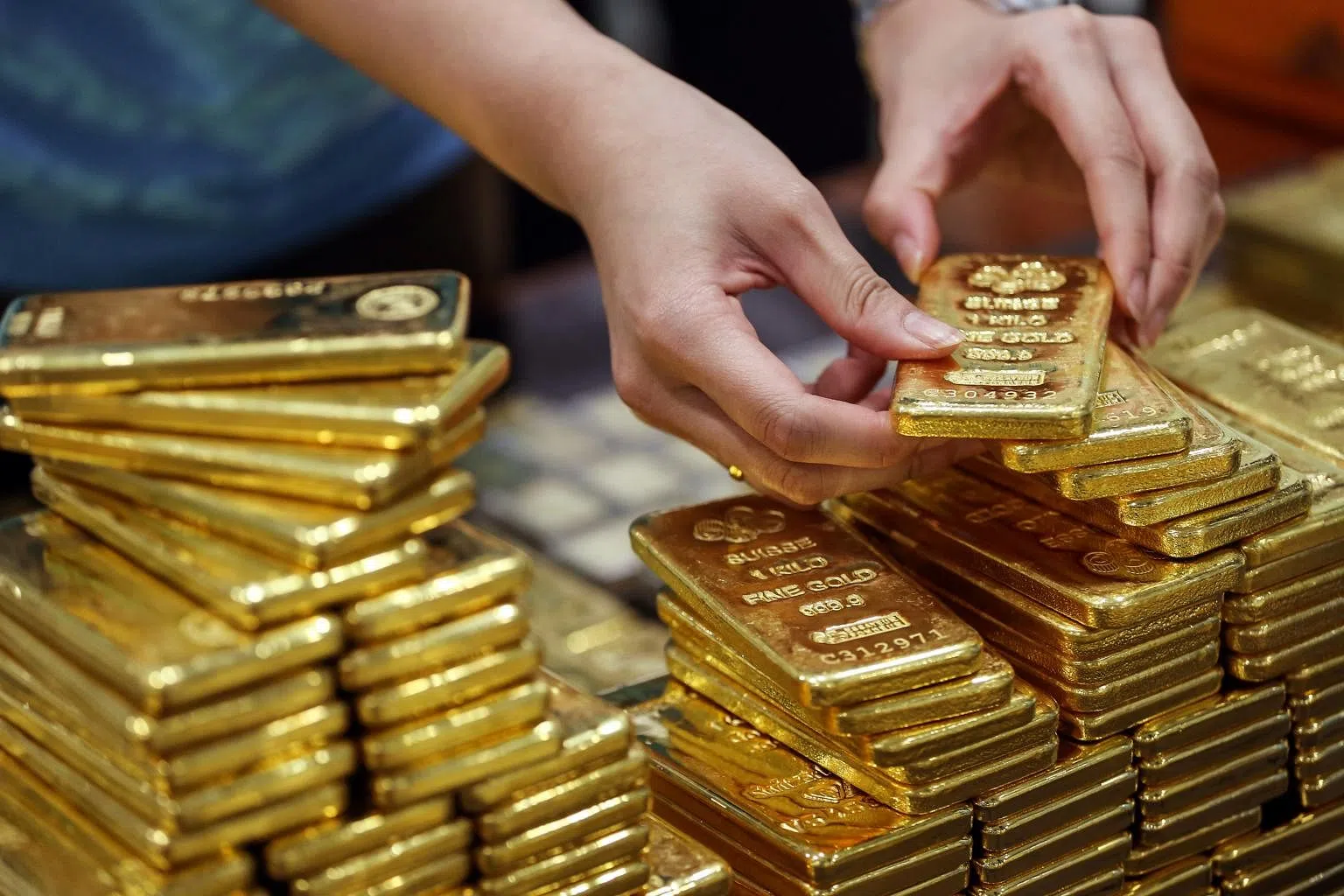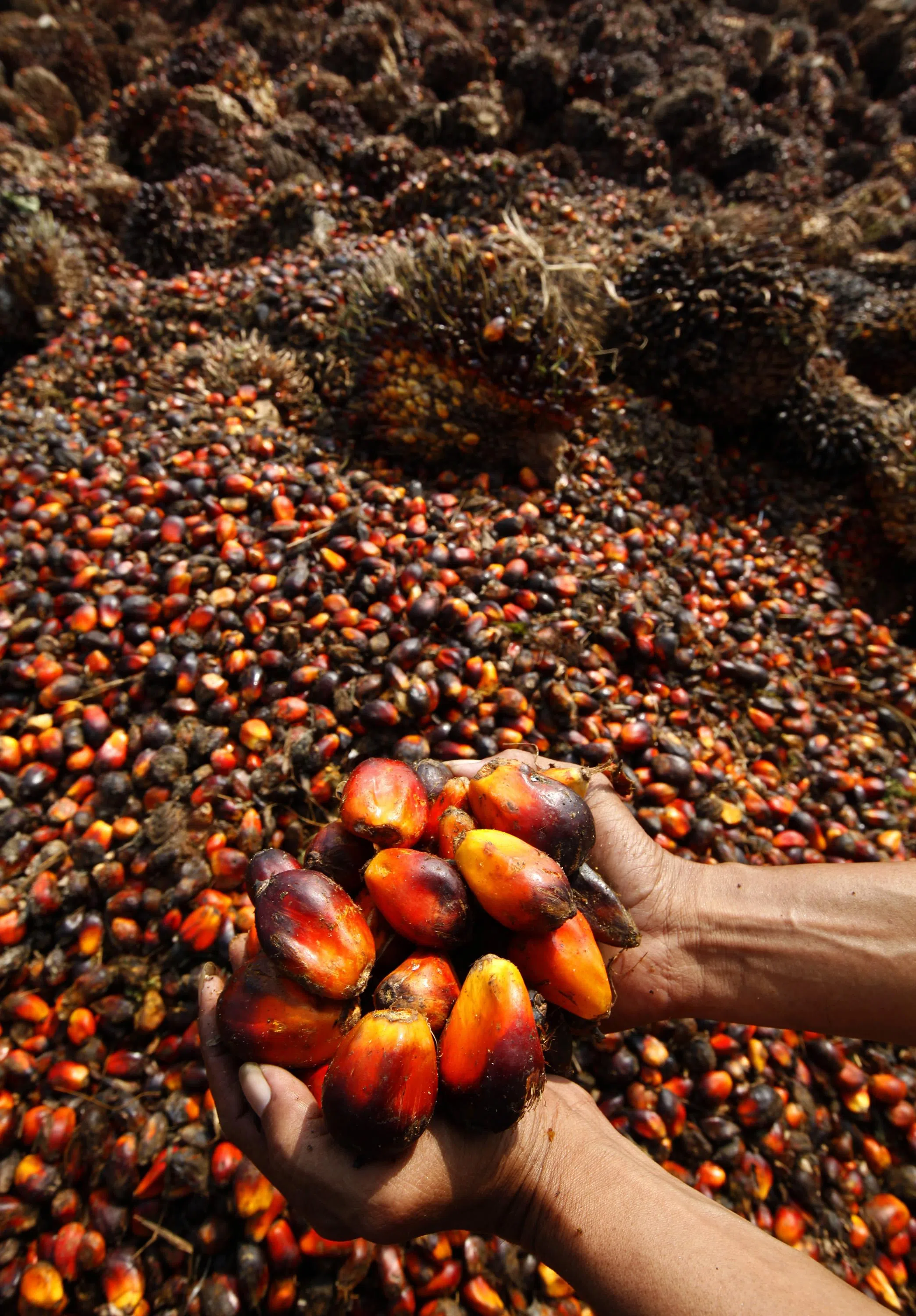In the buzz of a trendy Beirut neighbourhood, the din of bars and laughter blend together, far from the border violence with Israel further south and fears of all-out war.
“I’m 40 years old, and each year they tell us that war will break out this summer,” Elie, a financial consultant who did not give his last name, said in a bar in the Lebanese capital with other locals chatting beside him.
“What we see in the street is different from what we hear in the media,” he said. “What the foreign press is reporting makes people think that Lebanon is at war.”
Since the beginning of the war between Israel and Hamas in the Gaza Strip on October 7, the Palestinian Islamist movement’s ally, Lebanon’s Hezbollah, has been exchanging nearly-daily fire with Israel over the border.
Tensions have risen on the Israel-Lebanon frontier for almost two weeks, after Israel’s killing of one of Hezbollah’s most important commanders.
UN Secretary-General Antonio Guterres has warned of a catastrophe “beyond imagination,” and France and the United States have been working for de-escalation.
Israel’s Foreign Minister Israel Katz said Hezbollah would be destroyed in “total war” and the country’s army approved “operational plans for an offensive in Lebanon”.
The following day, the head of Hezbollah, Hassan Nasrallah, warned that “no place” in Israel would be spared by the group’s weapons in the event of full-blown war.
While the risk of the border conflict overflowing into the rest of the country comes up in conversations, it does not seem to bother the partiers in the Christian neighbourhood of Mar Mikhael.
In the Beirut neighbourhood well-known for its bars, lit-up with multi-coloured lights, glasses clink and customers dance to the rhythm of remixed Arab and Western pop songs played at full blast by a DJ.
“This is Lebanon and this is our story. Nothing changes. We survived the July war,” Elie said, referring to a war between Israel and Hezbollah in 2006.
“In all the past crises, people continued to stay out late, whether during the Covid-19 pandemic or the explosion at Beirut port” in the summer of 2020.
The blast killed more than 200 people, destroyed swathes of the capital including Mar Mikhael, and accelerated the economy’s collapse.
Elsewhere in the city, locals brought their children to a street festival organised in the centre of Beirut, carrying on late into the night.
“Despite all the threats, we are a people who love life,” Abir Atallah told AFP, amid the laughter of children in front of the stage.
While according to the United Nations more than 95,000 Lebanese have been displaced by the conflict around the Israel border, the spectre of war does not stop people in other parts of the country from living normally.
“We live day by day. Of course, people are afraid, but we rely on God,” said Mira Makhlouf, who sells toys for children.
“Lebanese love to party,” she said, adding that she has no intention of leaving the country if a full-scale war breaks out.
While the biggest events held every summer in Lebanon were cancelled this year because of the conflict in the south, some organisations chose to continue with thir plans.
Arab singers are flocking to Lebanon to perform. More than 20,000 people in mid-June attended a concert in Beirut by Egyptian pop star Amr Diab.
Foreigners continue to travel to the country for the summer festival season, despite warnings from several countries that their citizens should not visit Lebanon.
“I do not think that a war will break out, and we are not afraid. Otherwise, we would not see this crowd,” Nayla Haddad said at the festival.
“Every two weeks, we organise a festival in a new place,” she said, smiling.
AFP
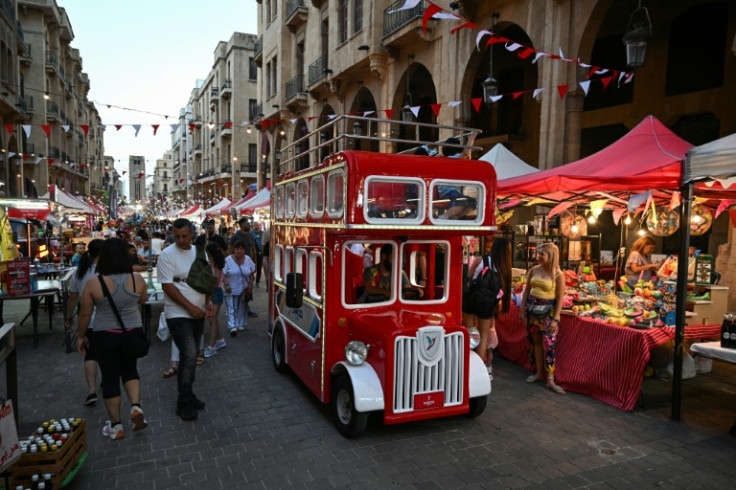
AFP

